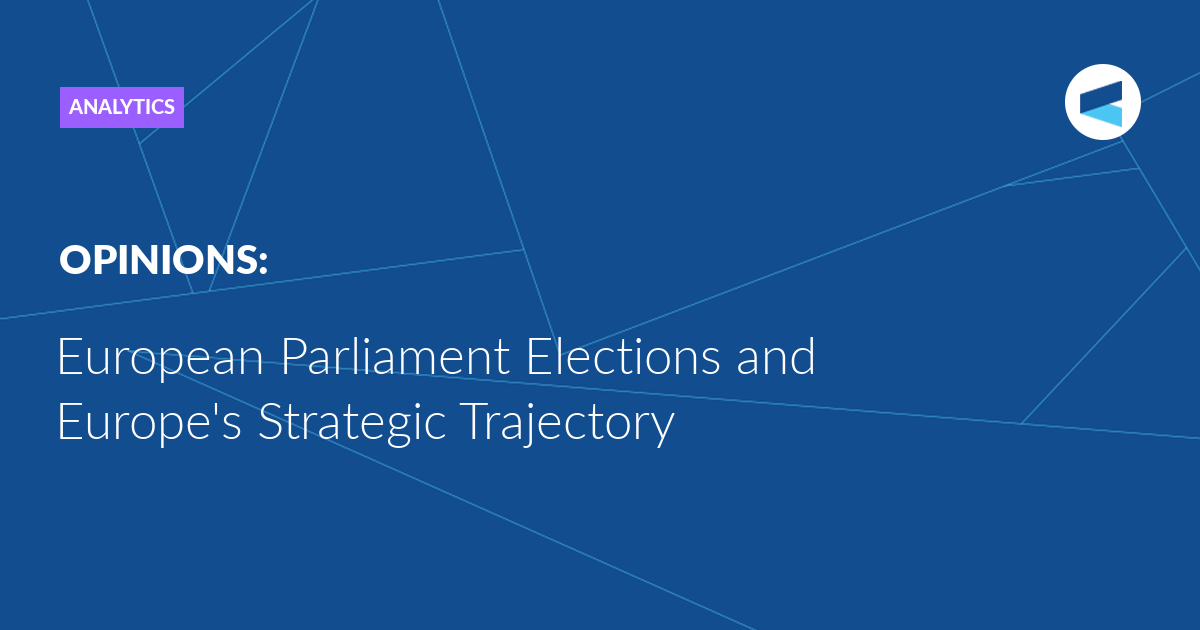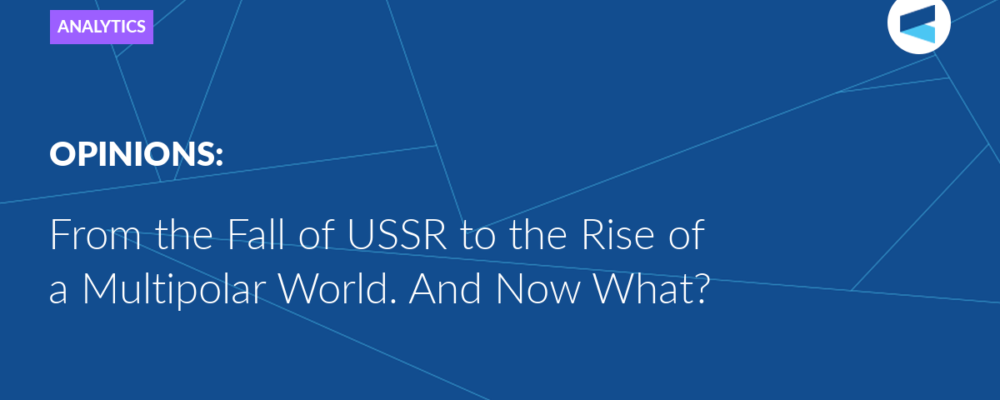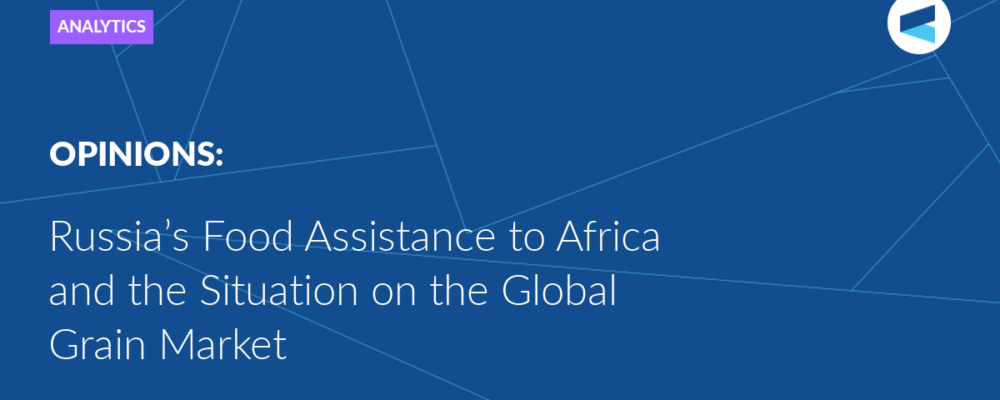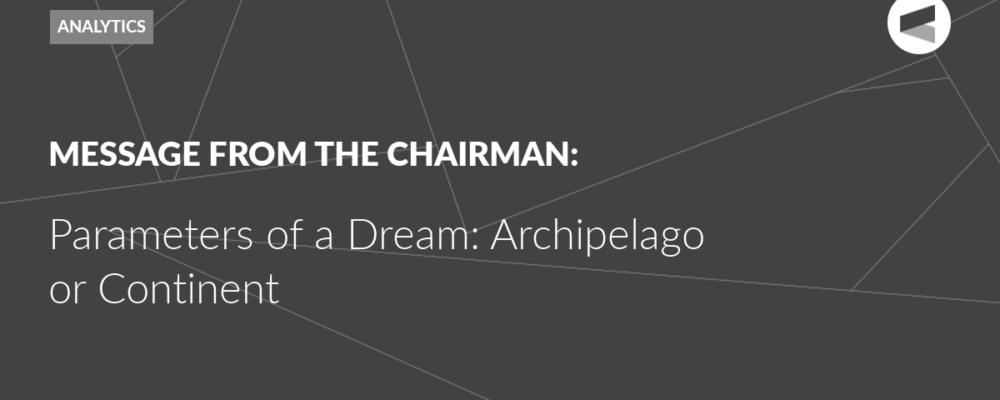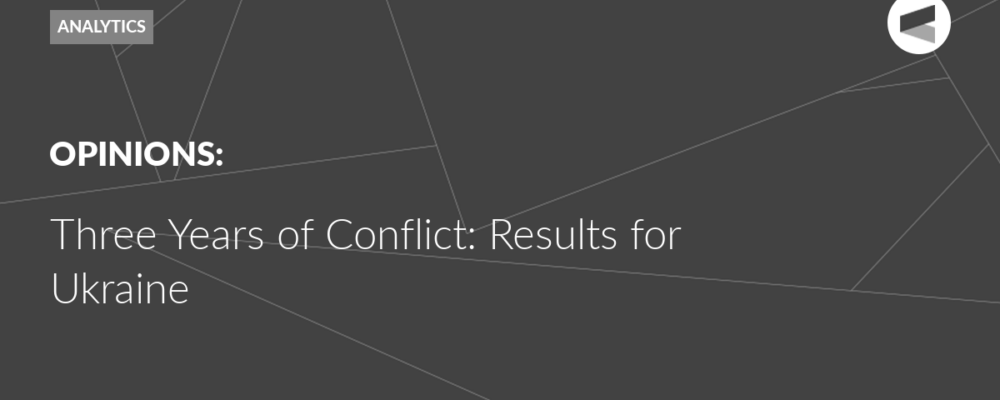Elections to the European Parliament are not able to resolve the problems and issues that have arisen before the EU in recent years. They are structural in nature and go far beyond the borders of even geographical Europe. The transformation of the political image of the European Parliament will be picked up during the electoral processes at the national level of the EU countries, Artyom Sokolov writes.
The place of the European Parliament elections in the overall picture of the global “year of super elections” is difficult to characterise using unambiguous categories. There is no aura of fatal destiny behind them, as is the case with the American presidential elections this fall. They do not face harsh criticism from external opponents, as was the case with the elections of the head of state in Russia. Finally, unlike the presidential elections in Ukraine, there is no discussion about their feasibility. In short, the elections, in which almost half a billion people are taking part in a routine atmosphere, have been characteristic in recent years only in terms of electoral battles at the local level.
Partly the matter lies in the European Parliament itself. Integration processes within the European Union are going through difficult times. The EU falls short of being considered a full-fledged geopolitical player and of acquiring the attributes of a single state in the domestic political dimension. The Franco-German tandem is stalling, and no relevant replacement is yet in sight.
Amid these conditions, it is difficult for the European Parliament to get rid of the reputation of an ineffective “hullabaloo shop” with very loose powers. For politicians from EU countries, the MEP position is associated either with a warm-up before the start of a full-fledged political career, or with a pension or less than honourable exile. Hence the freedom in the rhetorical exercises of parliamentarians. For Russian citizens, the European Parliament usually appears on the news agenda as a source of the most stringent (but not binding) anti-Russian resolutions or, somewhat less frequently, manifests itself as the loud voices of opposition MPs advocating a constructive dialogue with Moscow. In any case, these statements do not elicit much resonance among the public.
Nevertheless, the elections to the European Parliament are still not lost against the background of other electoral campaigns in the rest of the world, and regularly receive their moment of glory thanks to the expert community. However, their result is interesting not from the point of view of the specifics of the future work of the legislative body, but as a large-scale indicator reflecting the political sentiments of EU citizens from Lisbon to Narva. The political elites of the European Union themselves think in a similar way, adapting the electoral configuration of the European Parliament to national election campaigns, which receive incomparably greater attention.
The main intrigue of the elections lies in the growing popularity of right-wing forces in the EU: will we see a significant rise of the Identity and Democracy faction, which brings together Alternative for Germany, France’s National Rally and other non-handshakable parties in the Brussels establishment? Achieving a relative and, especially, an absolute majority is impossible, but a simple major success can be converted at the national level at a favourable rate.
The connection between elections to the European Parliament and national elections at different levels is clearly visible in Germany. The German electoral calendar for 2024-2025 successfully reflects the hierarchy of priorities. The summer elections of European deputies are followed by autumn elections in the three eastern federal states, as well as elections in Chancellor Olaf Scholz’s native Hamburg in the spring of 2025. The structure is crowned by an electoral campaign for the Bundestag in the fall of 2025, and is preceded by a series of local elections in Thuringia in the spring of 2024, where the AfD has a particularly strong position.
In each of these election campaigns, the problem facing the overly popular Alternative for Germany is different. However, in the view of the German political mainstream, its comprehensive solution does not imply a fundamental difference between the European and national (federal, state, local) levels. Despite the fact that the AfD may achieve its greatest success in the electoral campaigns of Thuringia, Saxony and Brandenburg this fall, the intensification of the campaign to discredit the party began precisely with an eye to the summer elections to the European Parliament. Its result was provocations against the leading AfD candidate Maximilian Krah, the initiation of prosecutions against individual party members, and the organisation of mass protests against the “right-wing threat.” The ratings of the AfD have indeed slipped a little, but the reasons for this should be sought in the peculiarities of modern German sociology or the flow of the protest electorate to the new party of Sahra Wagenknecht.
The increasing incidents of political violence in Germany also confirm the close connection between the European and national political dimensions. Social Democrat Matthias Ecke came under attack precisely as the leading SPD candidate in Saxony in the European Parliament elections.
In other words, the amorphous nature of the European Parliament does not entail its exclusion from current political processes within the EU. In the end, it is difficult to overestimate the importance of this legislative body for the formation of the semantic “value” space of the EU. The opportunity to bring your own ideas here is a worthy reason for an uncompromising political struggle.
Can elections to the European Parliament work as a long-range or even short-range warning system for crisis phenomena in the societies of EU countries? Even if the legislative body of the European Union is endowed with such a function behind the scenes, there is no confidence that local elites will correctly perceive the signals coming from it. The rhetoric of those so-called right-wing populists is perceived by the forces of the political mainstream as dangerous demagogy inspired from outside, and not a reflection of the voters’ requests. The demonstrative freethinking of Hungarian Prime Minister Viktor Orbán is tolerated in Brussels as a homeopathic necessary evil. The assassination attempt on Slovak Prime Minister Robert Fico demonstrated an understanding of the limits of this measure.
At the same time, there is a point of view that the “right turn” in its destructive manifestations does not threaten the EU, even with a significant expansion of the Identity and Democracy faction. It’s not just about electoral mathematics. The European far right is divided and has no intention of dissolving the European Union at any cost. The current cascade of crises in and around the EU allows them to win new voters. Right-wing populists are more likely to strengthen their representation in the current imperfect system than to completely break it.
It is curious that the far-right political forces of the EU suffer from friction in the Franco-German tandem, like the entire European Union. The Le Pen party and the AfD are seeking to normalize themselves in the political life of France and Germany. Relative radicalism has allowed them to win over part of the core electorate, but it also risks becoming an insurmountable obstacle to real power. Debates about the balance of ideas and practices take place both within parties and between them. The inflated scandals surrounding the AfD have become the cause of an open conflict between German right-wing populists and their French partners, for whom the artificially created toxicity of the AfD has approached a critical reputational mark.
The inter-party crisis in the ranks of the far right ended with the exclusion of some AfD deputies from the Identity and Democracy faction. In the AfD itself, similar discussions are taking place concerning the scandalous Björn Höcke, who provides the party with stable popularity in the eastern federal states, but invites legal censure through his rhetoric. Both the National Rally and the Alternative for Germany seem to be waiting for the right moment to throw away the ballast of the radicals, and to enter big politics as full participants. However, such a moment never comes, and the radicals are only gaining popularity and normalizing faster than more moderate party members.
Elections to the European Parliament are not able to resolve the problems and issues that have arisen before the EU in recent years. They are structural in nature and go far beyond the borders of even geographical Europe. The transformation of the political image of the European Parliament will be picked up during the electoral processes at the national level of the EU countries. In this sense, it is more interesting to watch local elections in the east of Germany or in rural France.
The Valdai Discussion Club was established in 2004. It is named after Lake Valdai, which is located close to Veliky Novgorod, where the Club’s first meeting took place.
Please visit the firm link to site


